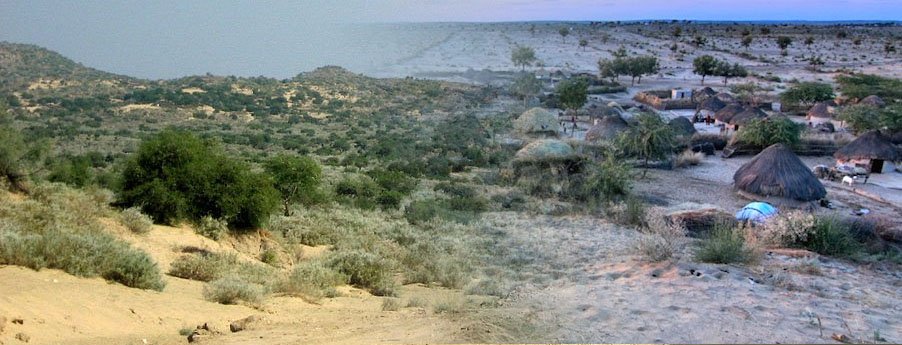
MONITORING REPORT ISB: The government of Pakistan has signed a number of financial and technological agreements with China aimed at exploiting massive coal reserves at the Tharparkar mine in Sindh province.
Under the terms of these agreements, 3.8 million tons of coal will be produced each year at the Tharparkar open-cast mine to fuel a 660MW power plant and other facilities.
The estimated cost of the project is $2 billon: Chinas banks and private companies will provide $1.5 billion in loans, while Pakistan will contribute $500 million in both private and public finance.
Scientists say the mining and burning of coal is one of the main drivers of climate change from human causes. The coal at Tharparkar is mainly lignite-one of the least energy-intensive and most polluting types of coal.
Pakistan is thought to be one of the states most at risk from climate change: in recent years it has endured a number of floods and droughts, and in the summer of 2015 more than 1,200 people died in a searing heatwave.
Despite government declarations that it would prioritise climate change, Pakistan has shown little interest for tackling the issue.
The energy produced by the lignite deposits at Tharparkar will be mainly directed at helping alleviate serious power shortages in Karachi, a city of more than 20 million people which is Pakistans main industrial centre.